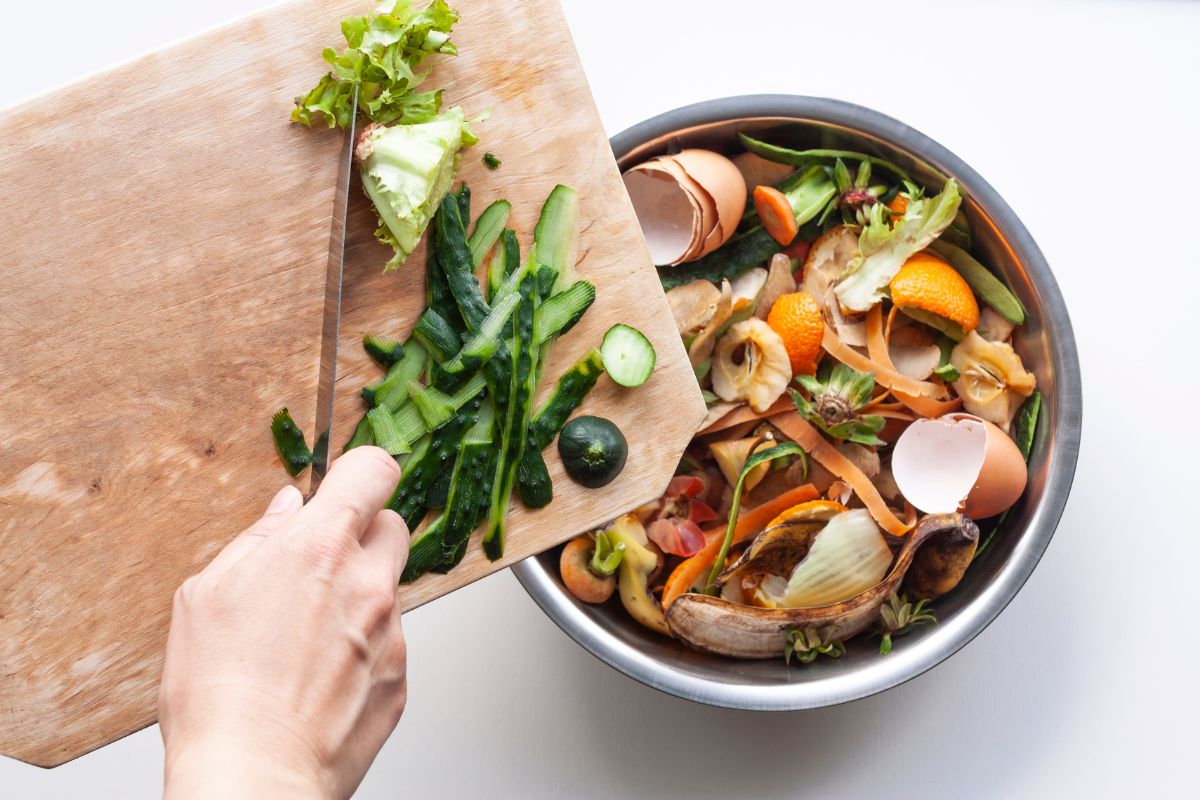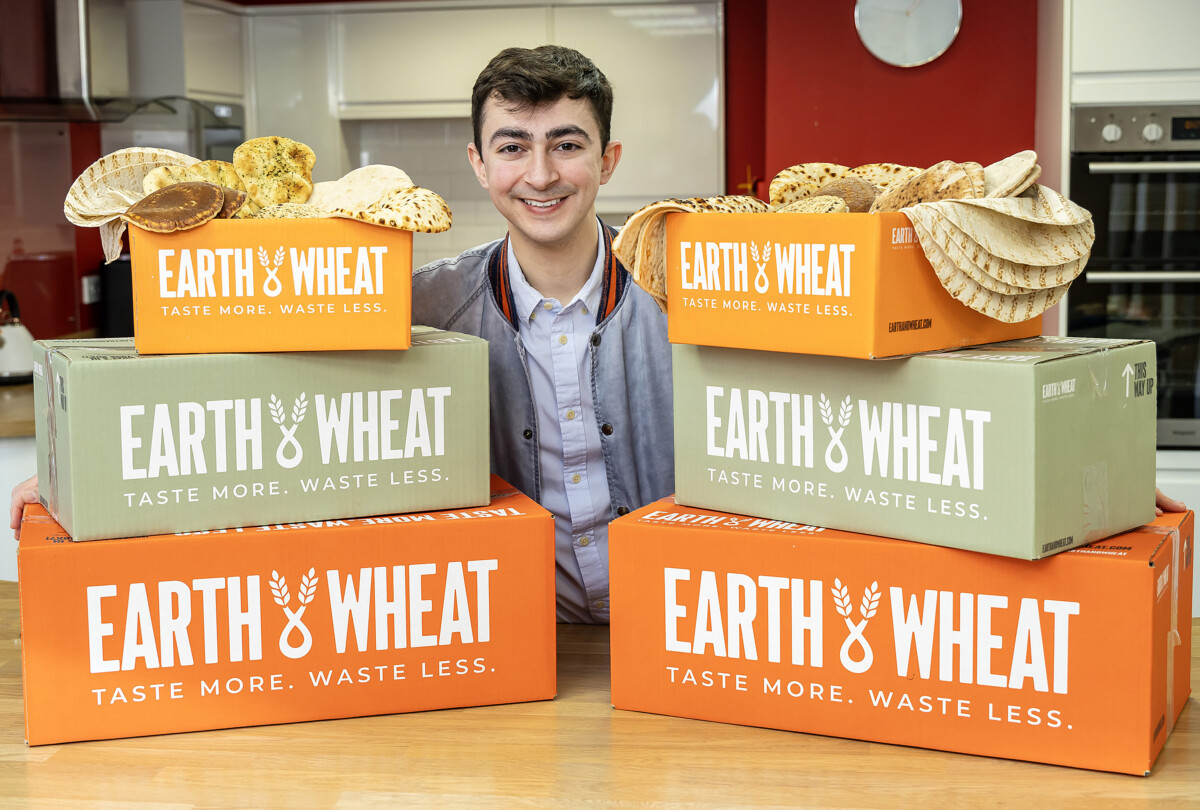By James Eid, Founder at Earth & Wheat – makers of the world’s first ‘wonky bread’ subscription service.
Reducing food waste at home not only helps save money, but it also helps decrease the amount of waste, which is sent to landfills, as well as conserving the resources that went into producing the food in the first place. Here are 12 ways to significantly reduce food waste in your home.

1. Plan Your Meals and Stick to a Shopping List
There are lots of practical tips to help reduce food waste at home, such as creating a weekly meal plan so you can plan and take into account what you already have in the fridge or pantry to avoid buying duplicates. By sticking to a shopping list based on your meal plan it avoids you making impulse purchases that may go unused.
2. Organise Your Cupboards and Fridge
It is also a good idea to organise your cupboards and fridge. Store older items in front and newer items at the back to use up what you have before it expires, for example. If you cook in batches, label containers with the date they were made so you know when to consume them.
3. Buy Fresh Foods in Smaller Amounts
For fruits, vegetables, and other fresh foods, buy in smaller amounts more frequently to ensure they get used before they spoil. Buy grains, nuts, seeds, and spices in bulk to get only the amount you need without excess packaging.
4. Store Food Properly
Proper storage extends the life of many foods so consider this for certain foods too. Store fruits and vegetables in the correct spots in your fridge to avoid premature spoilage. For example, potatoes should be kept in a cool, dry place. You can freeze bread, fruits, vegetables, and even meat if you don’t plan to use them in time.
5. Repurpose Leftovers
Another good idea is to repurpose yesterday’s dinner into today’s lunch (e.g., turning roasted vegetables into a soup or stir-fry). If fruits are getting too ripe, freeze them in bags for easy smoothies. Save vegetable peels, stems, or chicken bones to make homemade broth or stock.
6. Compost Food Scraps
If you can’t eat it, compost it. Composting helps turn food scraps into valuable soil for gardening and reduces landfill waste. Avoid composting meat, dairy, and oily foods as these can attract pests and take longer to break down.
7. Understand ‘Use By’ and ‘Best Before’ Dates
You must rely on ‘use by’ dates otherwise you could get food poisoning, but some many foods are still good after ‘best before’ dates, especially non-perishable items, but always apply the ‘sniff test’ to double check.
8. Preserve Seasonal Produce
If you have a garden or access to seasonal produce, learn to can or pickle fruits and vegetables to enjoy them later. Dehydrating food is a great way to extend shelf life without relying on freezing or canning.
9. Donate Unused Canned and Dry Goods
If you have canned goods, unopened dry food, or boxed meals that you won’t use, consider donating them to local food banks or shelters before they expire.
10. Involve Your Family
Educate your family members about food waste, and make them part of the solution. Encourage everyone to take responsibility for food storage, leftovers, and mindful consumption.
11. Upcycle Food
For example, you can upcycle food – black bananas are some of the best for making banana bread because they have developed more sugar from sitting around and end up tasting sweeter.
12. Involve Kids In Cooking
If you have kids, try and involve them in cooking: This helps them understand the value of food and be more mindful about wasting it.
By adopting these 12 habits, you can significantly reduce food waste in your home, saving money, conserving resources, and contributing to a more sustainable lifestyle.
About the expert
 James Eid is founder at Earth & Wheat – makers of the world’s first ‘wonky bread’ subscription service – whose mission is to reduce food waste while donating to UK charities.
James Eid is founder at Earth & Wheat – makers of the world’s first ‘wonky bread’ subscription service – whose mission is to reduce food waste while donating to UK charities.


